
Products
Fast, Reliable, Everywhere

Solutions
Efficient, Innovative EV Charging Solutions.
News
We are committed to the innovation and application of EV charging.

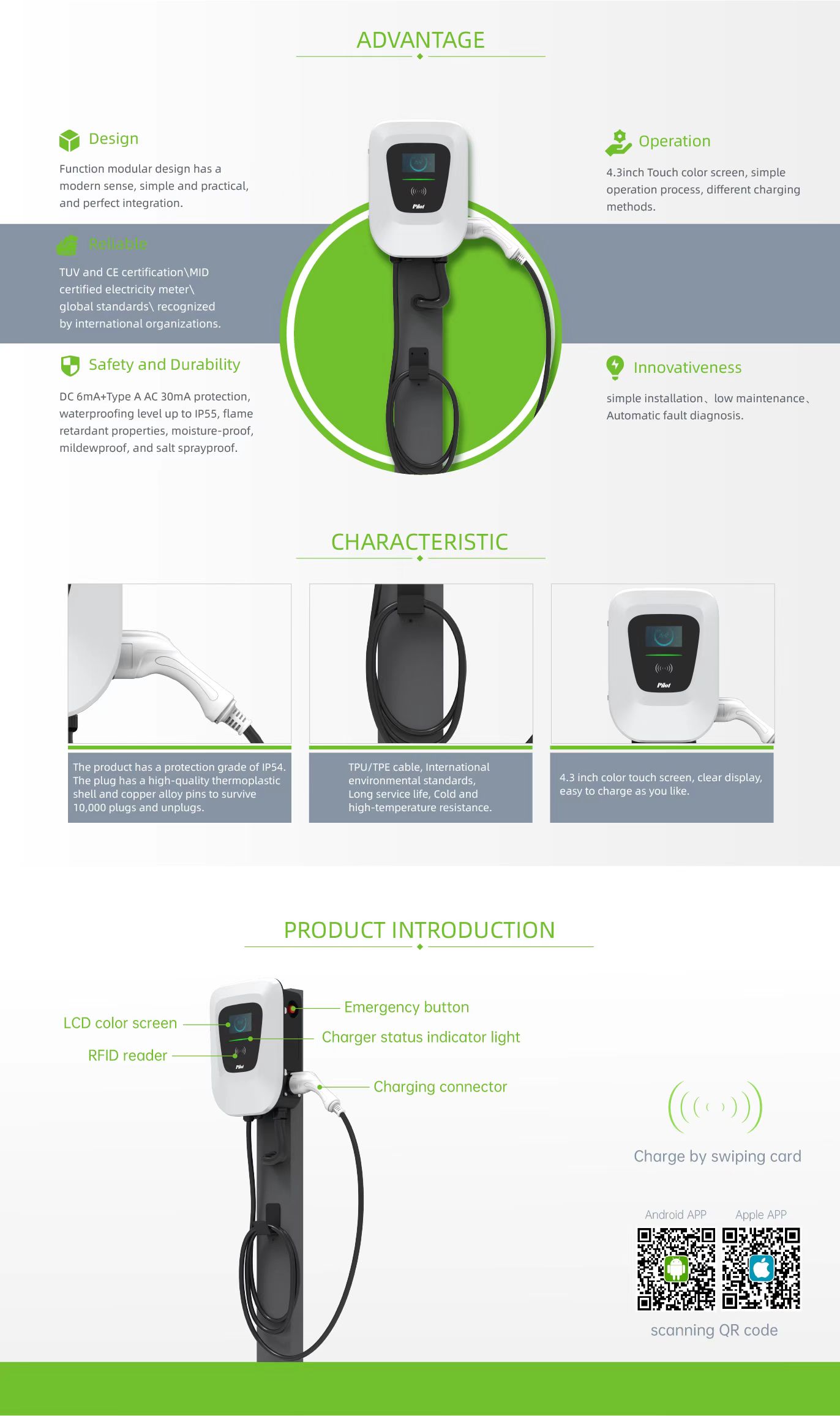
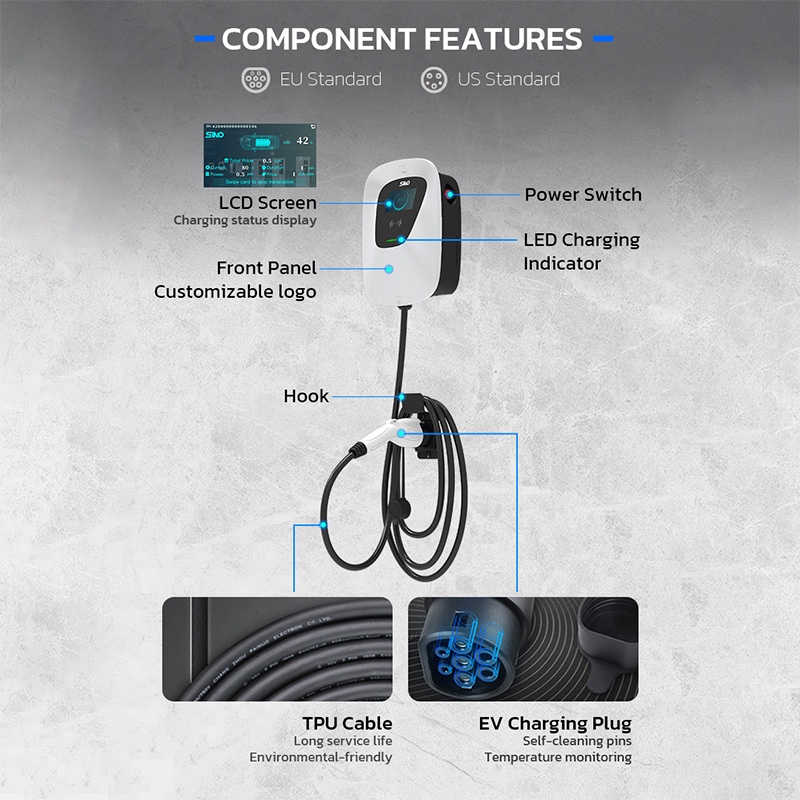
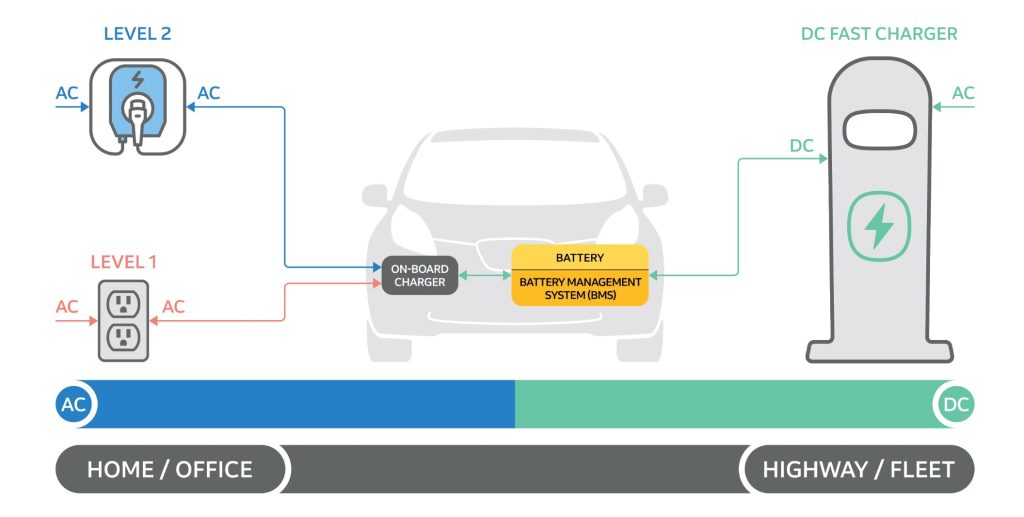
| Parameters / Model | 1‑Phase | 3‑Phase |
| Power Input | ||
| Input Type | 1‑Phase | 3‑Phase |
| Input Wiring Scheme | 1P + N + PE | 3P + N + PE |
| Rated Voltage | 230 VAC ± 10 % | 400 VAC ± 10 % |
| Rated Current | 16 A or 32 A | |
| Grid Frequency | 50 Hz or 60 Hz | |
| Power Output | ||
| Output Voltage | 230 VAC ± 10 % | 400 VAC ± 10 % |
| Maximum Current | 16 A or 32 A | |
| Rated Power | 3.7 kW / 7.4 kW | 11 kW / 22 kW |
| User Interface | ||
| Charge Connector | Type 2 Plug (Type 1 Optional) | |
| Communication | ||
| Cable Length | 5 m (standard) / Optional | |
| LED Indicator | Green / Blue / Red | |
| LCD Display | 4.3″ Touch Color Screen (Optional) | |
| RFID Reader | ISO/IEC 14443 RFID Card Reader | |
| Start Mode | Plug & Charge / RFID Card / APP | |
| Backend | Bluetooth / Wi‑Fi / Cellular (Opt.) / Ethernet (Opt.) | |
| Charging Protocol | OCPP‑1.6J | |
| Safety & Certification | ||
| Energy Metering | Embedded Meter Circuit (1 % Accuracy) | |
| Residual Current Device | Type A + DC 6 mA | |
| Ingress Protection | IP55 | |
| Impact Protection | IK10 | |
| Cooling Method | Natural Cooling | |
| Electrical Protection | Over / Under‑Voltage, Over‑Current, Short‑Circuit, Over / Under‑Temperature, Lightning, Ground | |
| Certification | CE | |
| Certification & Conformity | IEC 61851‑1, IEC 62196‑1 / ‑2, SAE J1772 | |
| Environment | ||
| Mounting | Wall‑mount / Pole‑mount | |
| Storage Temperature | ‑40 ℃ ~ +85 ℃ | |
| Operating Temperature | ‑30 ℃ ~ +50 ℃ | |
| Max. Operating Humidity | 95 % RH (Non‑condensing) | |
| Max. Operating Altitude | 2000 m | |
| Mechanical | ||
| Product Dimensions (W × D × H) | 270 × 135 × 365 mm | |
| Package Dimensions (W × D × H) | 325 × 260 × 500 mm | |
| Weight | 5 kg (Net) / 6 kg (Gross) | |
| Accessory | Cable Holder, Pedestal (Optional) | |
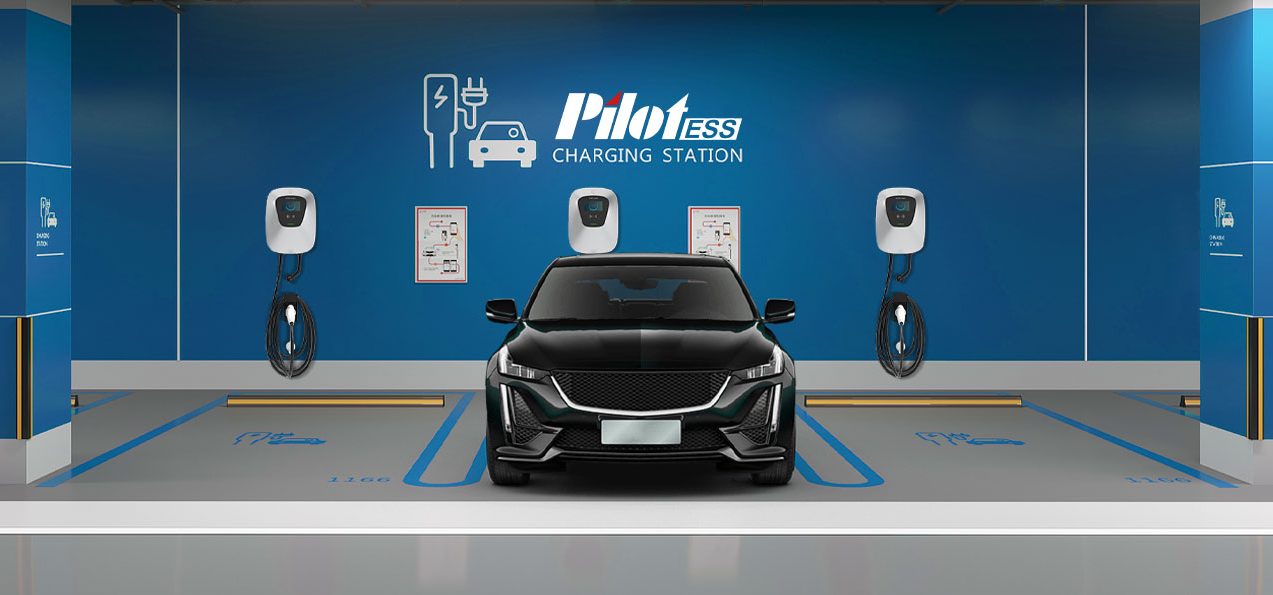
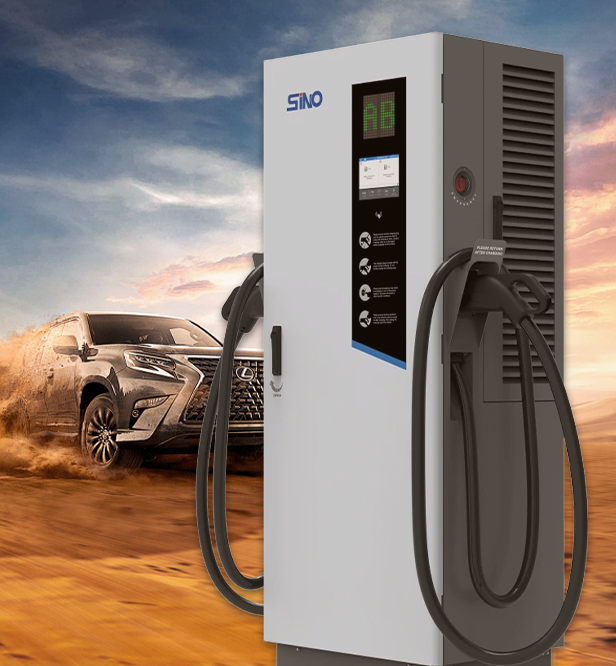
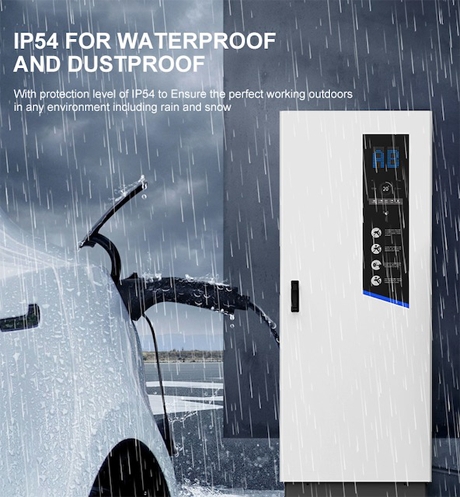
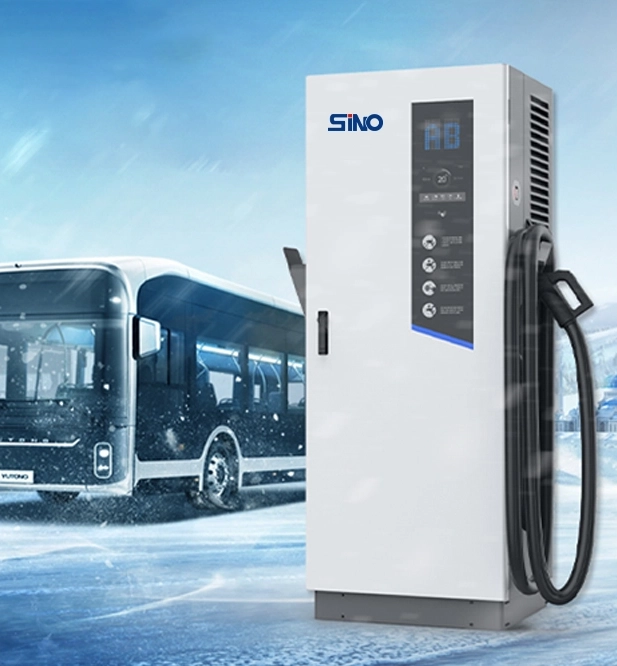
Drive revenue from EV chargers by setting charging fees or cross-selling other products and services while your customers charge. Offering EV charging in commercial spaces extends drivers’ dwell time, boosts spending, and engages more with your business.
Commercial charging powered by cheaper electricity, provides a cost edge over traditional fuels. This slashes carbon emissions, waste management, cleaning costs, and carbon-related taxes.
Let EV charging stations appear on public charging maps, not only catering to current customers but attracting new clients who discover your business online.
Enable drivers to charge regardless of the network or vehicle thanks to charging stations built on OCPP that are compatible with every EV.
Pilot designs to reduces costs associated with transport, installation, operation and maintenance to minimize total cost of ownership. With available power up to 480 kW, each dispenser can charge Max.8 EVs simultaneously, offering cost-efficient installation per kW and charging spot. Maintenance costs are reduced by remote monitoring and service.
EV chargers for business are designed to be weatherproof, shockproof, and can withstand 24/7 charging.
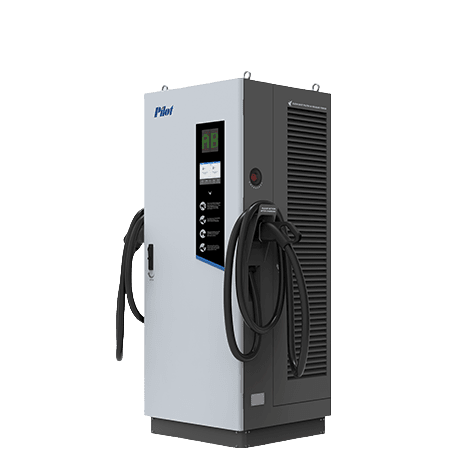
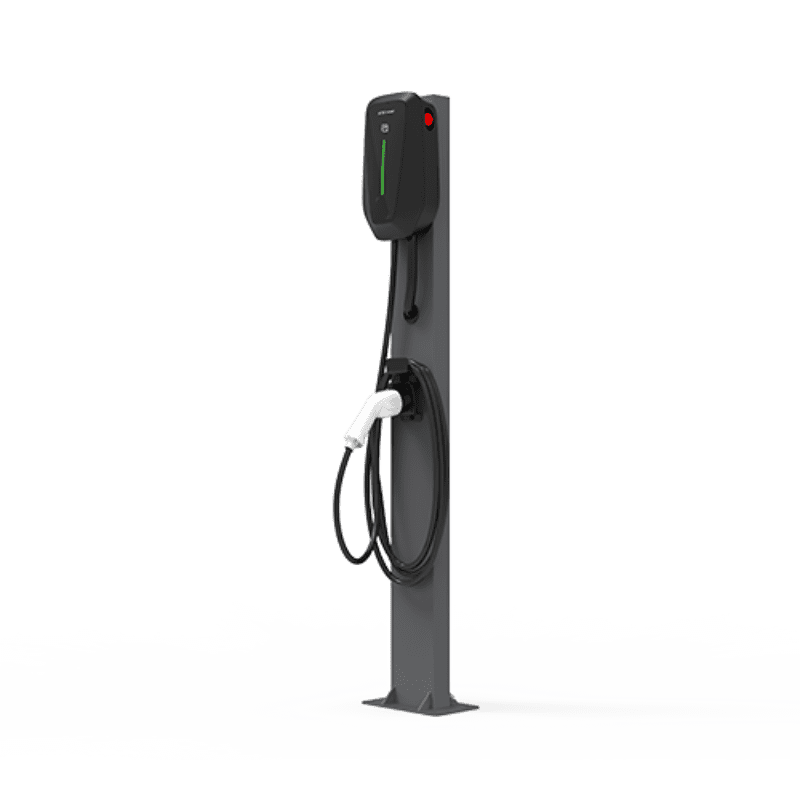

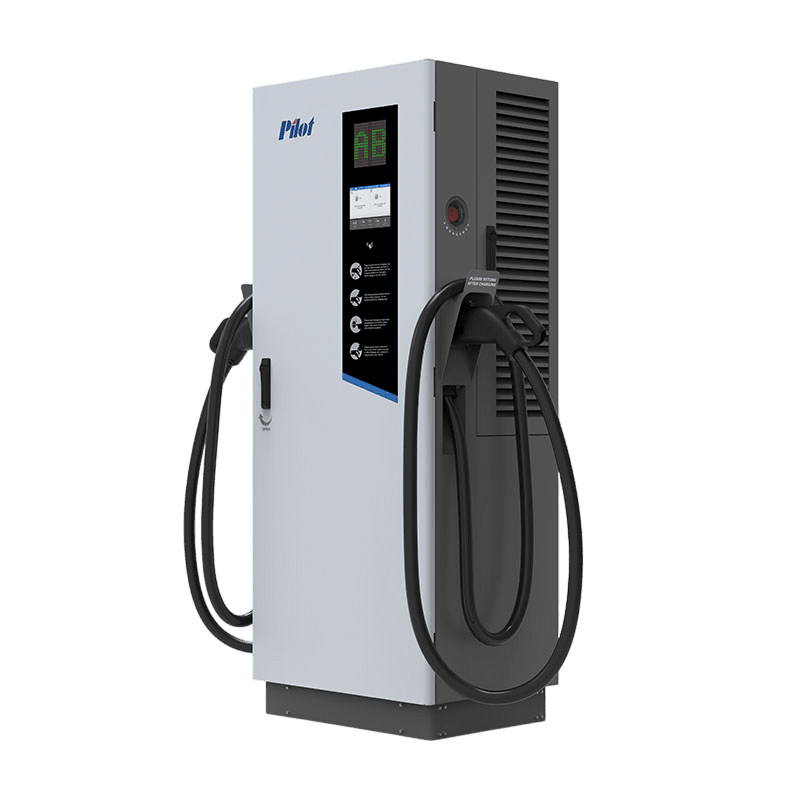
How can we help?